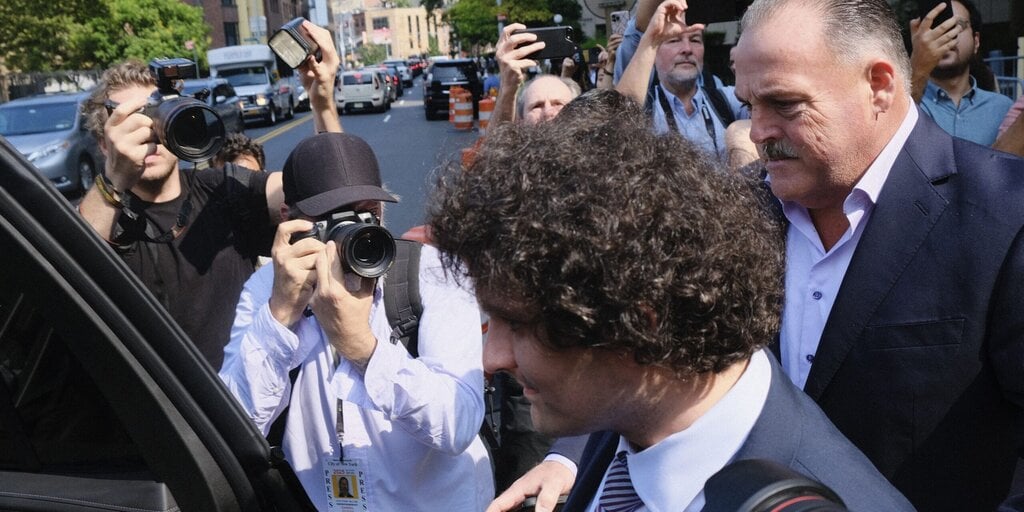In an opinion signed by Justice Amy Coney Barrett, the Supreme Courtroom based a take a look at to determine when a public formal might be thought-about to be partaking in situation movement in blocking somebody from their social media account. The formal should have each equally “(1) possessed precise authority to debate on the State’s behalf on a particular person subject, and (2) presupposed to exercising that authority when speaking within the related social-media posts.”
The court docket docket issued a unanimous conclusion in Lindke v. Freed, a circumstance about irrespective of whether or not Port Huron, Michigan metropolis supervisor James Freed violated the First Modification by blocking and deleting suggestions on his Fb net web page from resident Kevin Lindke, who critiqued Freed’s pandemic insurance policies. The examination creates a brand new technique to set up if an formal might be held chargeable for violating a citizen’s Preliminary Modification authorized rights on account of actions on their social media webpages.
But it surely’s not satisfactory for a social media website to principally belong to a public official. Barrett wrote, “The distinction in between non-public carry out and level out motion activates compound, not labels: Private features can act with the authority of the Level out, and situation officers have private lives and their possess constitutional rights—together with the To begin with Modification preferrred to speak about their jobs and exercise editorial command above speech and audio system on their customized platforms.”
The excellence amongst non-public carry out and state motion activates compound, not labels
Barrett suggested that uncomplicated disclaimers might make a distinction within the willpower. “Right here, if Freed’s account skilled carried a label—e.g., ‘that is the actual website of James R. Freed’—he can be entitled to a serious presumption that every one of his posts had been being customized,” the ruling claims, “however Freed’s web page was not designated each ‘private’ or ‘official.’”
Katie Fallow, senior counsel of the Knight Initially Modification Institute at Columbia College talked about in a assertion the court docket was “proper to keep up that neighborhood officers simply can not immunize themselves from Very first Modification obligation merely through the use of their private accounts to carry out formal enterprise.”
However, Fallow included, “We’re upset, regardless that, that the Courtroom docket didn’t undertake the much more sensible take a look at employed by the better a part of the courts of appeals, which appropriately balanced the no price speech passions of neighborhood officers with these of the individuals who need to focus on to them on their social media accounts. We hope that in using the brand new verify crafted by the Supreme Courtroom now, the courts will pay attention to the worth of guarding speech and dissent in these digital normal public boards.”
The Knight Institute challenged former President Donald Trump in 2017 about blocking consumers from his @realDonaldTrump Twitter account. They argued his account was a “public discussion board” the place individuals at the moment couldn’t be excluded for his or her views, and the lower courts agreed. In 2021, when Trump was no for an extended interval in workplace surroundings, the Supreme Courtroom docket requested the decreased court docket to vacate a ruling versus Trump and dismiss it as moot.
Dhillon Legislation Workforce companion Gary Lawkowski mentioned in an emailed assertion in regards to the new ruling that “probably the most important results of this impression might presumably not be the formal verify established forth in its holding—quite, its language buried within the view that appropriately ends in a safe harbor for neighborhood officers who place disclaimers on their social media accounts, delivering an easy means for public officers to stay on the ‘private’ facet of the laws going forward.”
The justices vacated and remanded the circumstance once more to the decreased court docket.

/cdn.vox-cdn.com/uploads/chorus_asset/file/25301213/STK463_SCOTUS_A.jpg)

